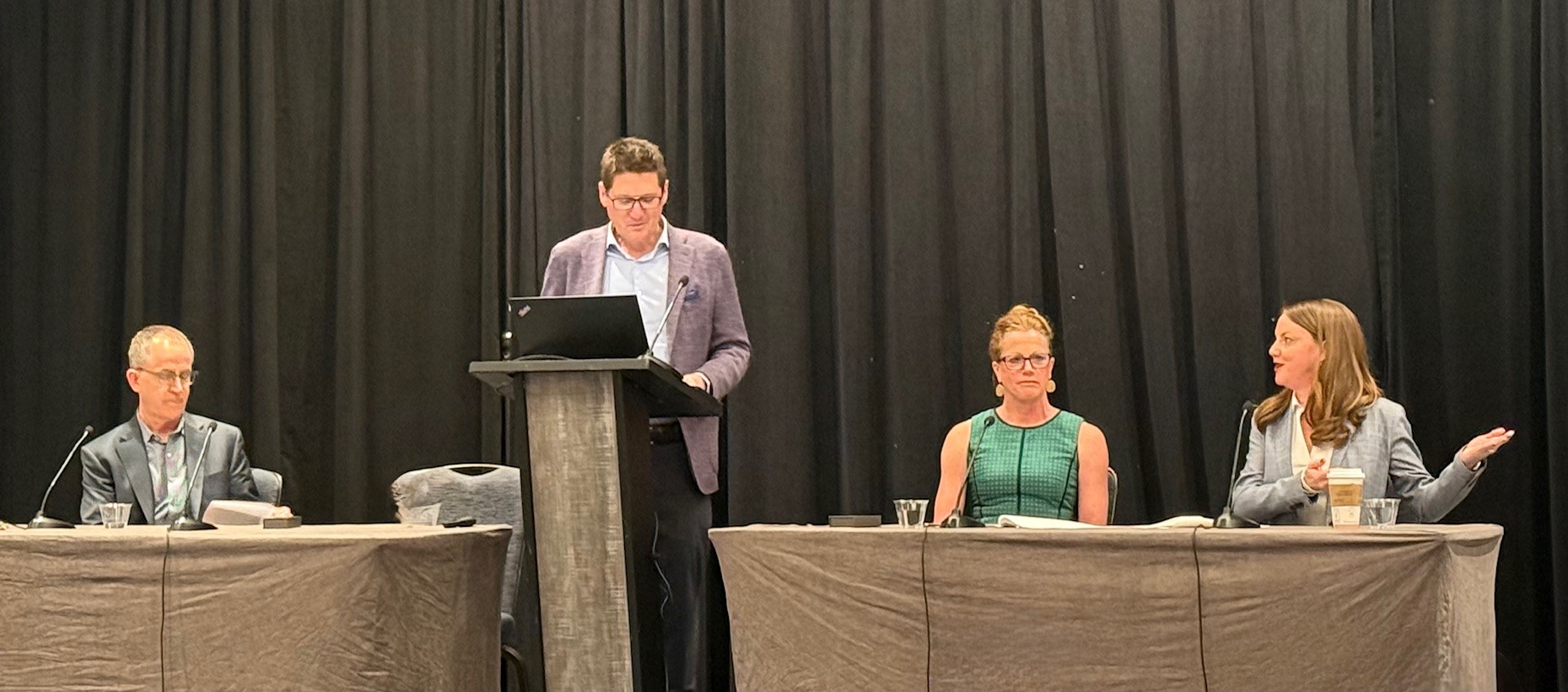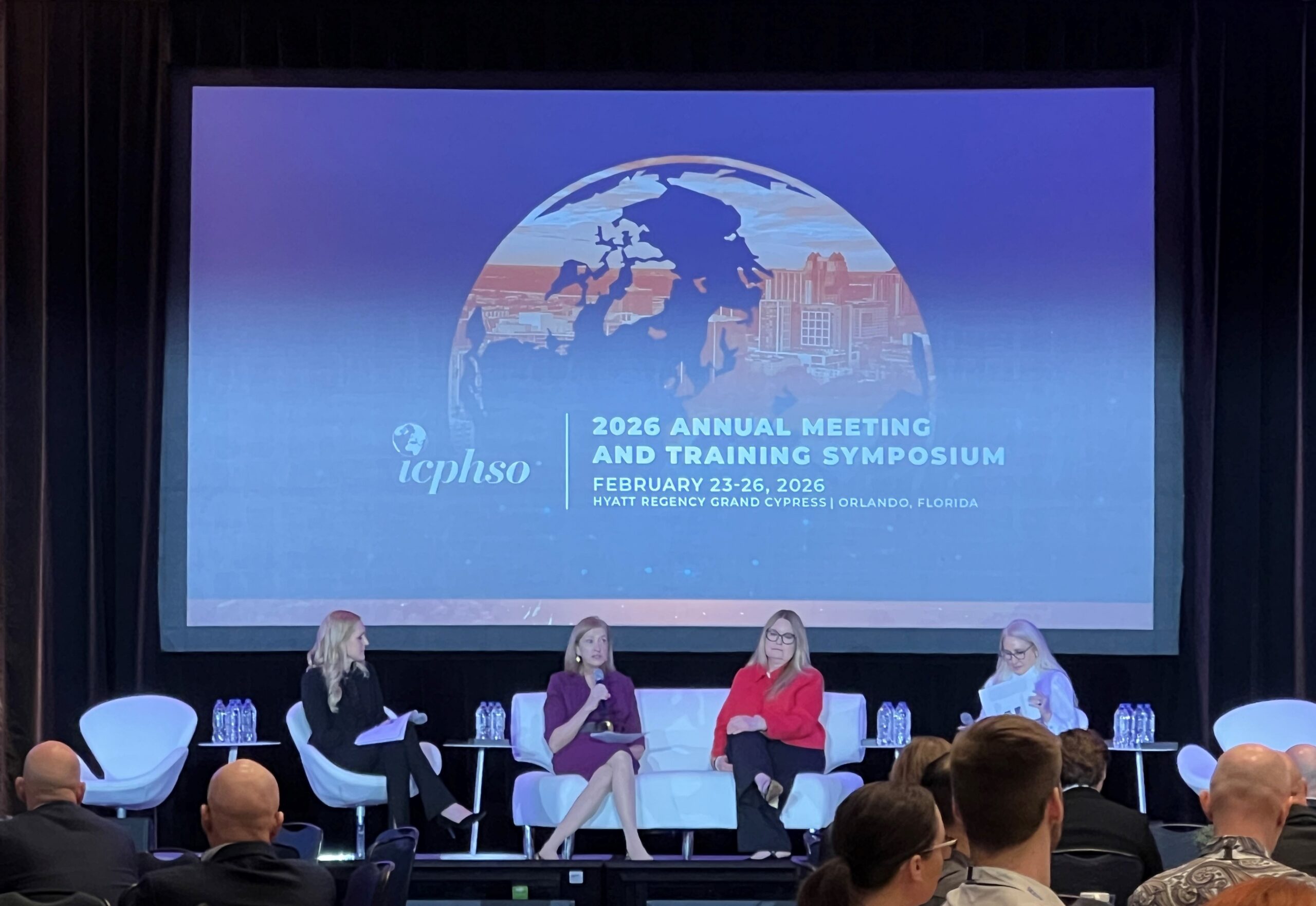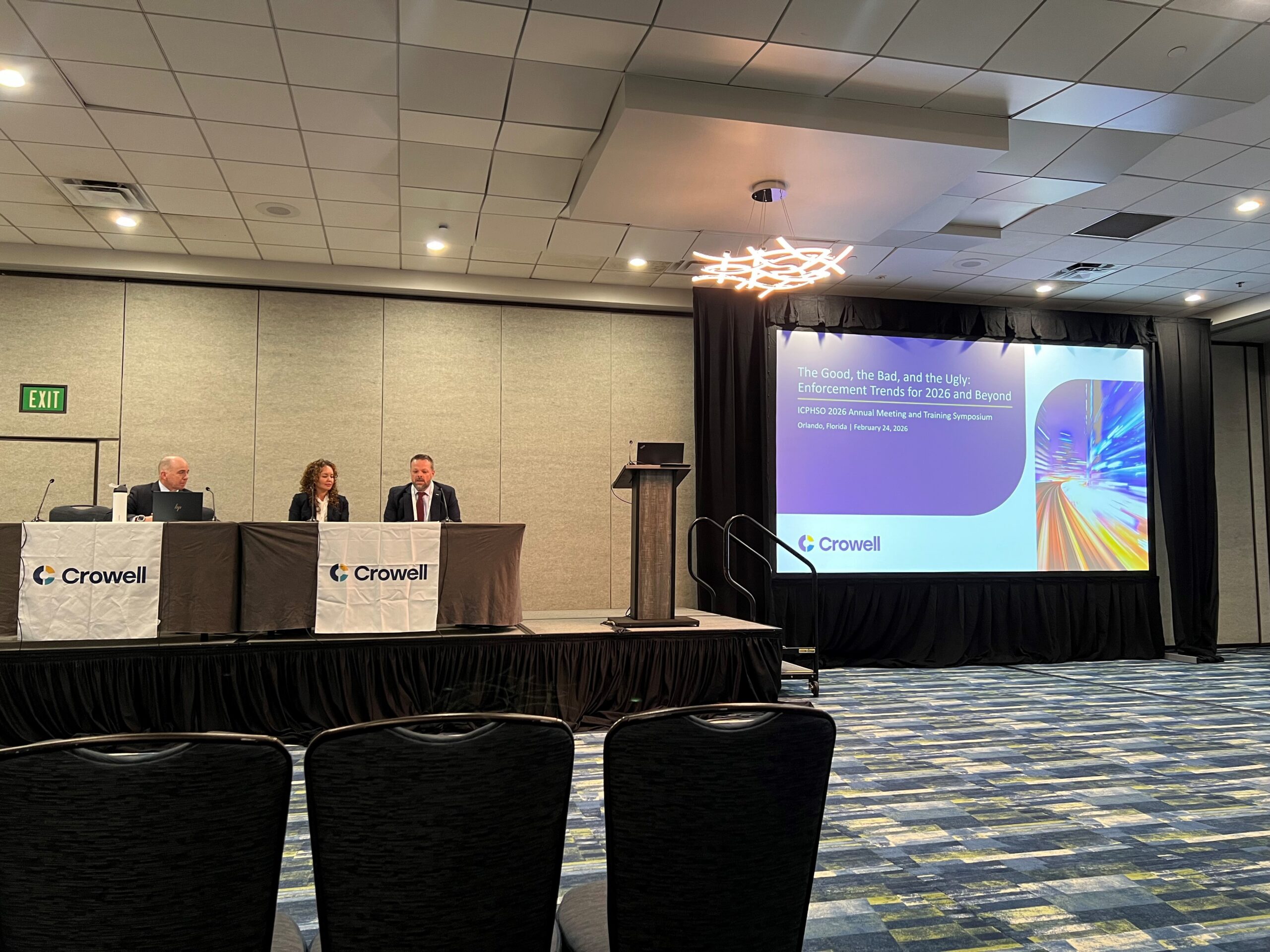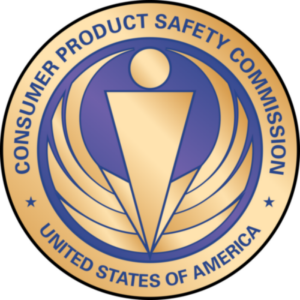
From Toxic Substances Control Act (TSCA) reporting on PFAS to increasing U.S. state-level requirements around chemicals in products, manufacturers, retailers, and suppliers are required to understand the makeup of the products they sell, down to a molecular level. From their position downstream of complex supply chains, retailers must implement and manage the data gathering and supply chain verification necessary to meet these reporting obligations.
As our panelists at the ICPHSO Annual Meeting and Training Symposium made clear, the world of chemical reporting is growing more complex every year, posing new challenges — and opportunities — for everyone from manufacturers and retailers to regulators and consumers.
The panel was moderated by Luisa Lobo of the Retail Industry Leaders Association with speakers Amy Symonds of Crowell & Moring, Travis Sjostrom of Best Buy, and Krystal Spickler of UL Solutions.
Here are the four key areas discussed.
Continue Reading The Ever-Expanding Chemical Reporting Universe at ICPHSO: A Look at Reporting Requirements and Approaches







